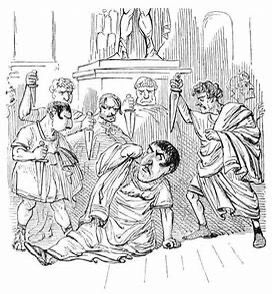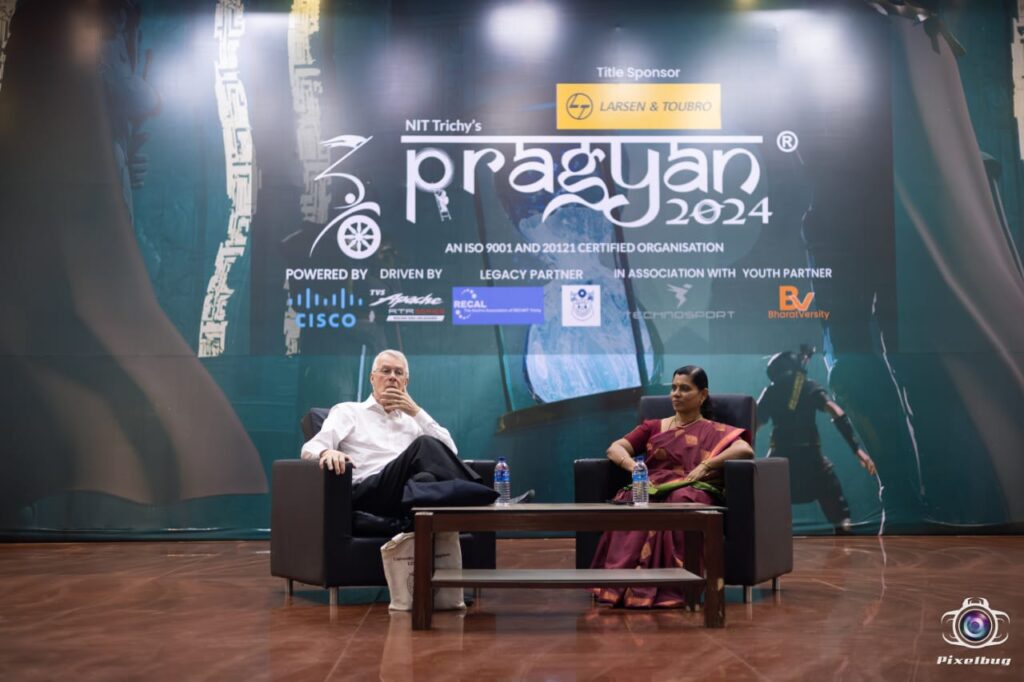Trending Now
- “If Edappadi Palaniswami permits, a thousand young members from the Virudhunagar district AIADMK are prepared to take up arms and engage in battle under my command.” – Former AIADMK Minister Rajendra Balaji
- “India is ready to deal with any counter-attack by Pakistan” – Wing Commander Vyomika Singh
- Central govt orders extension of CBI Director Praveen Sood’s tenure for another year
India News
WhatsApp group admin can’t be held liable for member’s post unless common intention shown: Bombay HC
![]() April 26, 2021
April 26, 2021
The Nagpur bench of the Bombay High Court recently held that a WhatsApp group administrator can’t be held vicariously liable for objectionable content posted by a member of the group unless it is shown that there was a “common intention” or “pre-arranged plan”.
The division bench of Justice Z A Haq and Justice Amit B Borkar observed this as it quashed an FIR and set aside the proceedings against a Whatsapp administrator in a magistrate court of Gondia.
“Even if the allegations in the FIR are accepted as correct, and considering the material in the form of the charge sheet on its face value, it does not disclose essential ingredients of offences alleged against the applicant under sections 354-A(1)(iv), 509 and 107 of the Indian Penal Code and Section 67 of the Information Technology Act, 2000,” the HC said.
What is the case?
A case was filed against an administrator of a WhatsApp group along with another member in July 2016 for not taking action against a person who used “filthy” and “indecent” language against a woman in the group.
It was alleged that the applicant did not remove the accused from the Whatsapp group or asked him to submit an apology.
What happened in court?
Opposing the quashing of the FIR, the complainant stated that there was sufficient material available against the administrator.
The court during the hearing felt that the “crux of the issue involved is whether an administrator of a WhatsApp group can be held criminally liable for the objectionable post of its member for committing offences”.
To adjudicate the issue, the court considered the functioning of the WhatsApp messaging service. The court noted that the “chat group feature on Whatsapp allows joint participation of members of the chat group. Group administrators, as they are generally called, are the ones who create the group by adding or deleting the members to the same. Every chat group has one or more group administrators, who control the participation of members of the group by deleting or adding members of the group. A group administrator has limited power to remove a member of the group or add other members of the group. Once the group is created, the functioning of the administrator and that of the members is at par with each other, except the power of adding or deleting members to the group.”
“The administrator of a WhatsApp group does not have the power to regulate, moderate or censor the content before it is posted on the group. But, if a member of the WhatsApp group posts any content which is actionable under law, such a person can be held liable under relevant provisions of law. In the absence of a specific penal provision creating vicarious liability, an administrator of a WhatsApp group cannot be held liable for objectionable content posted by a member of a group. A group administrator cannot be held vicariously liable for an act of a member of the group, who posts objectionable content, unless it is shown that there was common intention or pre-arranged plan acting in concert pursuant to such plan by such member of a Whatsapp group and the administrator. Common intention cannot be established in the case of WhatsApp service user merely acting as a group administrator.”
The court added that when a person creates a WhatsApp group, “he cannot be expected to presume or to have advance knowledge of the criminal acts of the member of the group.”





















